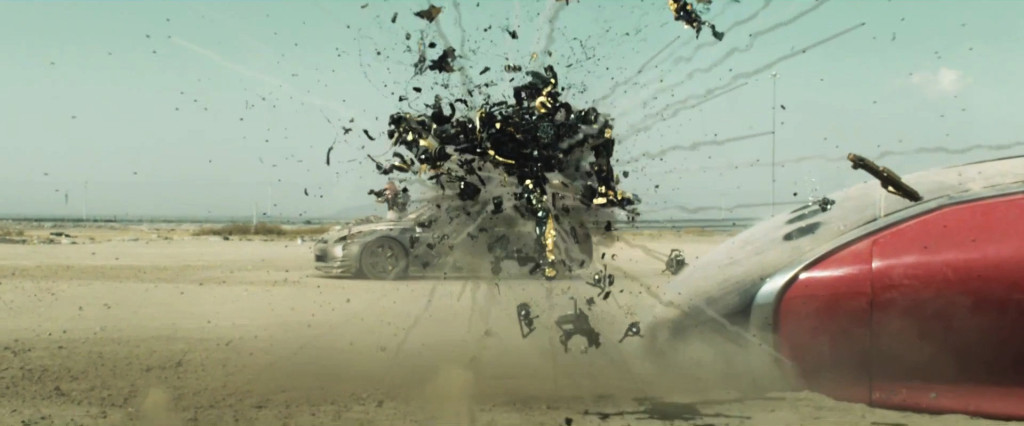
‘Secret Empire’ comic event review
By Greg Waldock, Staff Writer
Marvel’s Secret Empire event has wrapped up and it could not have existed at a more perfect—or tragic—time.
The comic revolves around Captain America revealing himself to be a Hydra sleeper agent, and the conquest of America by his Hydra Nation. It lends itself very obviously to themes of rising right-wing nationalism in the US, which has become painfully relevant over the past two months. The event has had great successes and major failures, but the scope of it—spearheaded by Marvel favourite, writer Nick Spencer—is undeniably ambitious. That alone makes it memorable, but sadly, it has a lot going against it.
The story has three distinct theatres: New York, trapped in an alternate dimension; a Canadian space station, where most of the intergalactic heroes are cut off from earth; and the rural parts of America, where the underground resistance of superheroes fight a guerilla war against Hydra and their ideology. New York and the space station are mostly used to show what the heroes are up to, and since they’re both completely cut off from the world, they make very little impact on the plot. The resistance stories, however, are well-used. They show the impact that Hydra Nation has on ordinary folk in America, portraying Americans as both victims and enablers of the violence. It’s here we see the Avengers and others deal with the basics of heroism: Why they fight, who they fight, and how they fight. But despite the heavy themes, there’s still room for fun as the heroes traipse the countryside, barely escaping Hydra at every turn. Unfortunately, heaviness and fun are the only two things going on.
Secret Empire is weakest with its characters, who aside from a few exceptions display very little individual personality. Only Sam Wilson, Steve Rogers, and Black Widow get real depth in the main story, and in side stories only Namor, Prince of Atlantis has a major turning point. This is disappointing coming from Nick Spencer, whose character work is usually some of the best in modern comics. Though it’s somewhat expected for an event with a cast of thousands, the convoluted mess of spin-offs and tie-ins should have at least allowed for growth and touching moments, but these elements were few and far between.
However, Spencer does not disappoint in his crazy love for canon. Old comics, famous and obscure, are both visually referenced and make up an important part of the plot. The history of Captain America is fully on display to show why the symbol of Cap is important, and why fascism and racism are such horrifying, twisted versions of American ideals. Even the classic Infinity Gauntlet series (1991) gets referenced in the final issue, to incredible effect. But the canon referenced simply can’t redeem this story arc’s biggest failings, because Secret Empire isn’t about the past; it’s about America now.
That’s what would have made Secret Empire one of the most culturally important pieces of media today if it was written more competently. As the Marvel America struggled with fascism and its whole-hearted embrace by the political right, real-world America found itself facing the same problem, almost happening concurrently with the release of the comics. Secret Empire was still unfinished when neo-Nazis marched in Charlottesville and received praise from the president. As Hydra’s Steve Rogers defeated Earth’s Mightiest Heroes, a self-avowed white supremacist joined Trump’s advisory council. Any discussion of Secret Empire currently or in the future will be impossible to commence without discussing its astounding relevancy that only grew as it was being published—a relevancy it failed to capitalize on.
Ultimately, Secret Empire failed to deliver that final, moral blow to Nazism, hate, intolerance, and fascism. The true evils of Hydra and its metaphorical connection to real-world politics is never fully fleshed out. The final nail in the coffin of the whole concept of “I just hate being politically correct” is never delivered. The ending is satisfying for the defeat of Steve’s corruption, but not for exploring why that corruption is so wrong, or why the comic is so horrifyingly prescient. It’s still an incredibly bold event that shows Marvel is willing to take a stand against hate, and it has a lot of strong moments and gorgeous artwork. It just needed that last kick in the teeth to be truly important.

